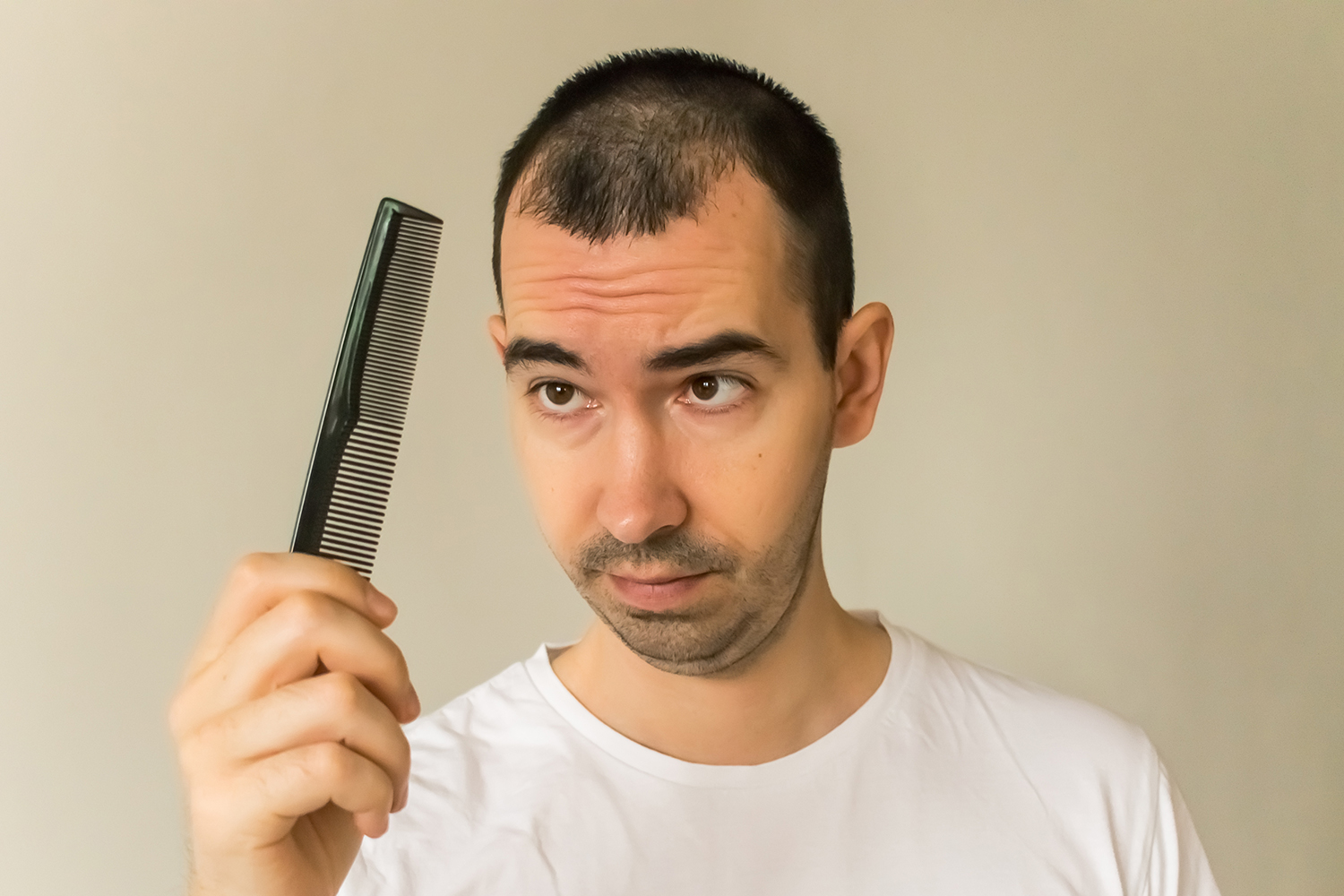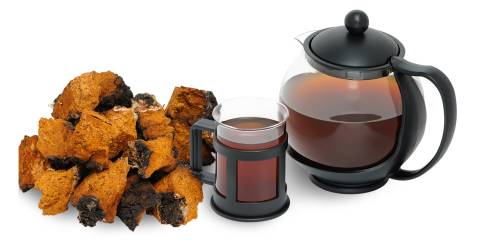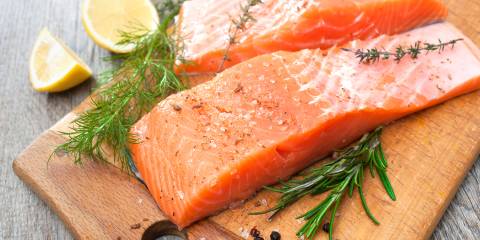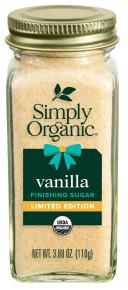Hair loss and thinning hair can affect both men and women as they age.
What Causes Hair Loss?
It all comes down to testosterone levels.
While up to a quarter of men see their hair starting to thin by the time they’re 30, women have protection from hair loss in their younger years when their estrogen production is at a lifetime high.
But as they approach menopause, women’s estrogen levels can plummet, leaving them vulnerable to the effects of dihydrotestosterone (DHT).
DHT inhibits the normal function of hair follicles, resulting in thinner and fewer hairs and the condition called androgenic alopecia (AGA), also known as male pattern baldness.
Other Causes
While AGA accounts for up to 95 percent of hair loss, there are other causes. Hair loss can be triggered by:
- weight loss
- stress
- trauma
- hormone imbalances
What's Considered Normal?
It can sometimes be difficult to tell what constitutes normal hair loss.
The consensus seems to be that shedding up to 125 strands of hair per day is normal, but more than that can be a problem, especially if the hairs aren’t being replaced.
Helpful Supplements for Thinning Hair
Certain supplements can help reduce the incidence and appearance of thinning hair.
-
Saw Palmetto
An extract derived from the berries of the saw palmetto plant may be effective in blocking the enzyme that converts testosterone to DHT.
-
Omegas and Antioxidants
A study of 120 women with hair loss found that supplementation for six months with omega-3–rich fish oil, along with:
- black currant seed oil
- vitamins C and E
- lycopene
...reduced hair loss in almost 90 percent of subjects and improved hair density.
-
Zinc
Zinc may play a role in preventing baldness, but don’t exceed 100 milligrams (mg) daily from food and supplements.
-
Silica
Silica aids healthy hair growth—some experts recommend taking 3 mg of choline-stabilized, concentrated orthosilicic acid once or twice a day, up to a maximum of 6 mg.





